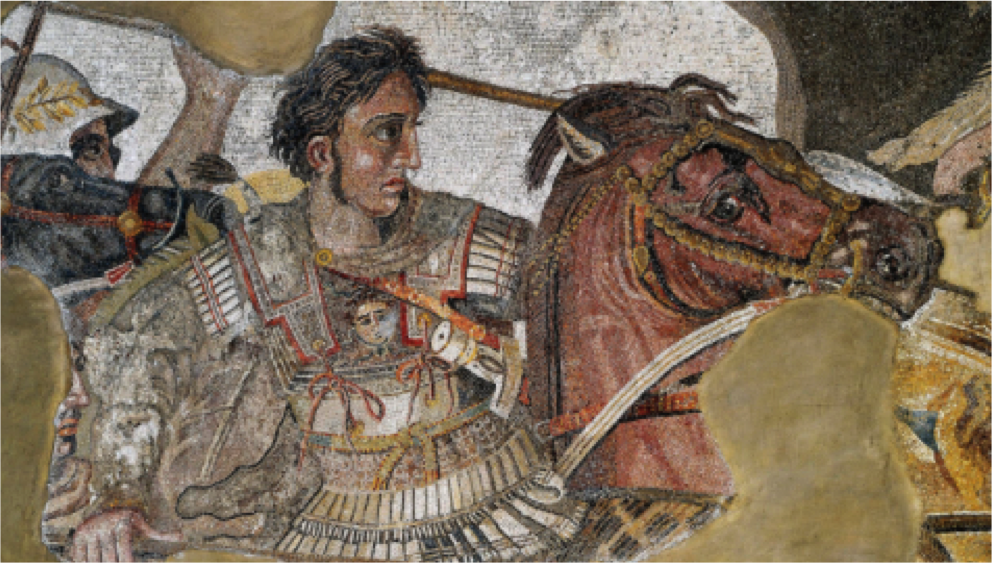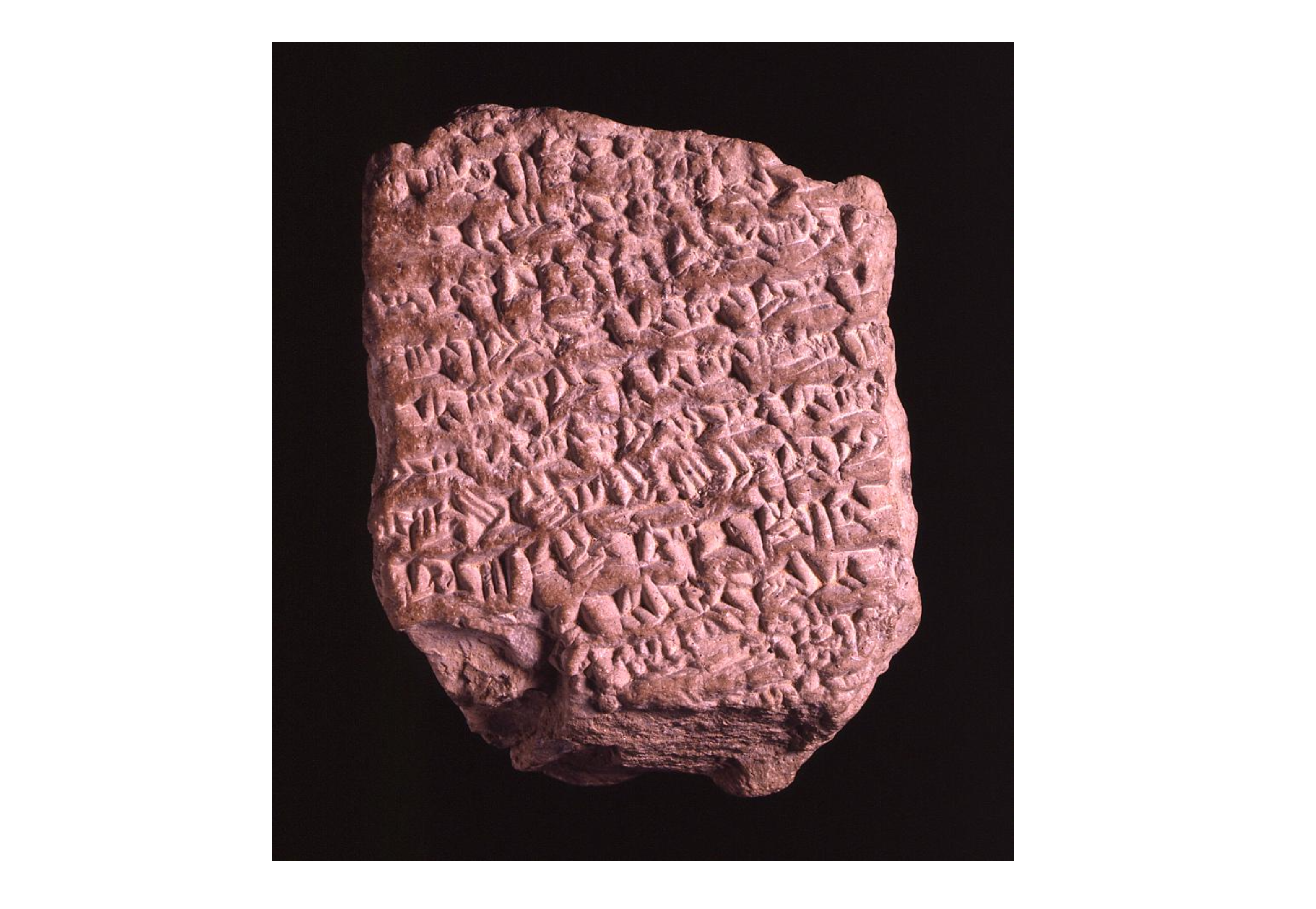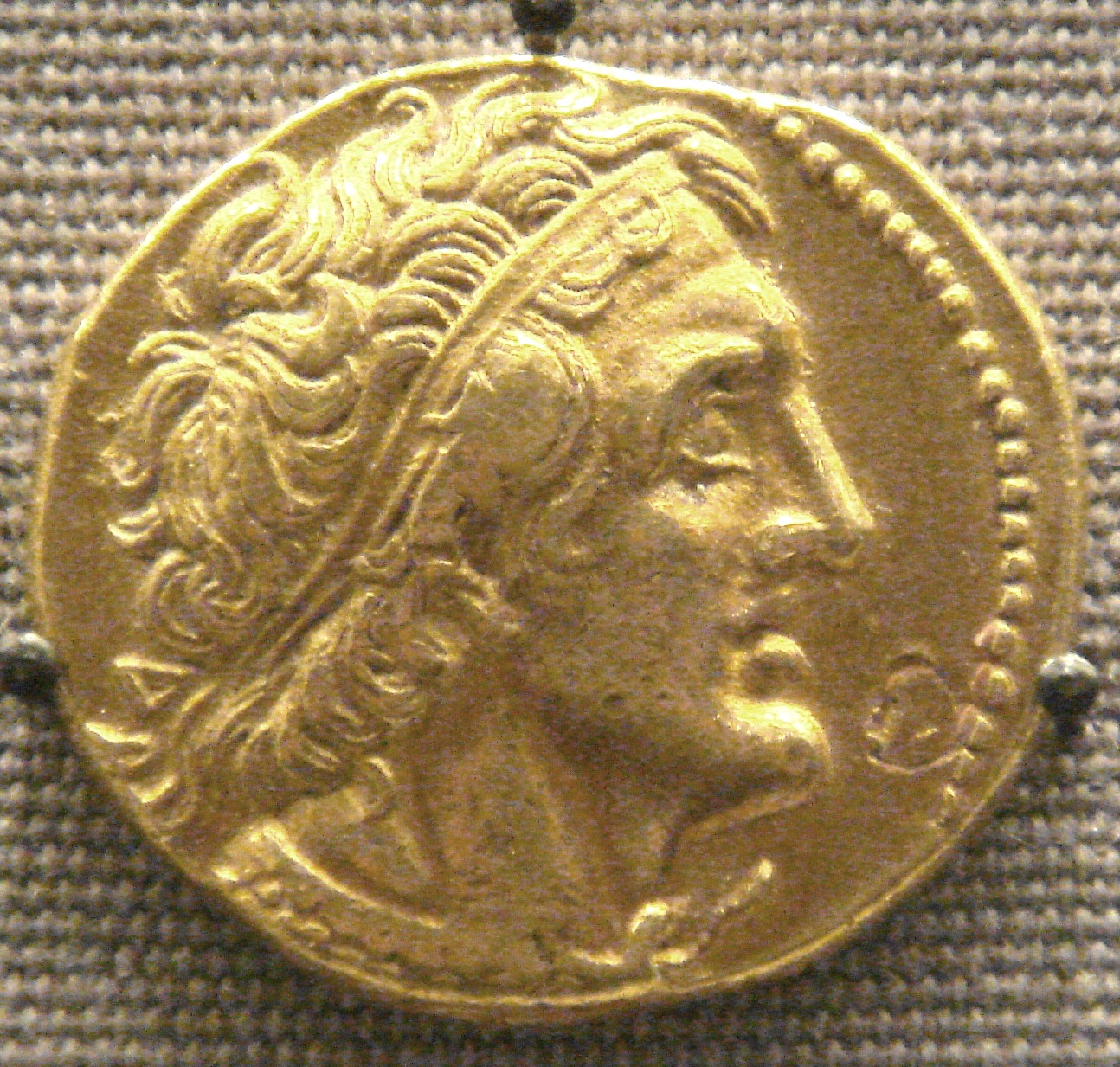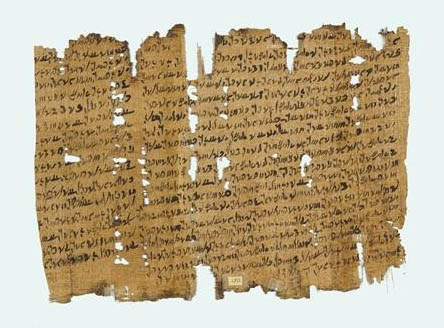400 - 300 BCE
The Hellenistic Period,
332-63 BCE
Ezra and Nehemiah established the Men of the Great Assembly under a benevolent Persian rule. During the life of the last of the Men of the Great Assembly, Shimon HaTzaddik, rumours grew of a new threat. Greece. The origins of Greece remain a mystery. It spans centuries from the early Mycenaeans invaded by the Dorians, with their advanced culture consequently disappearing for centuries, only to reemerge to what we know as the classical Greek period during the 7th century BCE. Ancient Greece was a group of warring city-states with the better-known Athenians and Spartans constantly at each other’s throats. Regardless of the infighting, Greece succeeded in preventing the Persian Empire's attempts to push into the greater Europe area. Grecian feuds continued until all of Greece yielded to Phillip II of Macedon, preparing the way for his son, Alexander, to spread the Greek civilization across the known world, making itself felt in the Middle East. The Ancient Greek word Hellas from which the word Hellenistic was derived, was gradually recognized as the name for Greece.
Alexander Mosaic, National Archaeological Museum, Naples

Yehud Coin, 350 BCE
Persian silver quarter shekel with a lily on one side, and the reverse stamped, "YHD." At this time, Israel Is Known As the Persian Province "Yehud Medinata" meaning "Judea."
In this picture is a silver quarter shekel coin dating back to 350 BCE with a lily, and the letters Yud Hey Dalet, spelling "Yehud" on the reverse side. This refers to the Persian Province Yehud Medinata, or the State or Province of Judea. Only a small number of coins were discovered, seemingly minted by a self-governing authority. This, together with the lack of Persian symbols, strongly indicates a great autonomy granted to the Jews by the Persians. The design of the modern-day shekel was based on this ancient coin.
Alexander the Great of Macedonia Overthrows Persian King Darius III at the Battle of Issus, 333 BCE
Alexander the Great in the Battle of Issus, which occurred in southern Anatolia (modern day Turkey), depicted on a mosaic from c. 100 BCE

National Archaeological Museum, Naples
From a young age, Alexander displayed great military capability.
When his father died, possibly by the hands of his son, Alexander took on
Greek's arch enemy, the Persian Empire. The Greeks invented two military
strategies that proved invincible to the enemy. The "pitched battle"
consisted of thousands of soldiers storming the enemy, unwavering going for the
strongest point within the enemy ranks. The second strategy called the phalanx
was an ordered and disciplined battle line with interlocked shields and
extremely long spears pointing straight ahead.
During the battle of Issus (modern-day southern Anatolia, Turkey)
in the year 333BCE, the Persian forces were succumbing to the powerful disciplined
Greek offensive causing Darius III to flee the battle scene, collapsing the
Persian army.
Pictured
here is a mosaic depicting Alexander defeating the Persian king Darius III in
the Battle of Issus. This mosaic was found in Pompeii in the House of the
Faun.
While pursuing Persia, Alexander the Great made a detour to the
South, conquering Tyre (modern-day Lebanon) and Egypt. On his way to Egypt, he
was set on destroying the Jewish Temple in Jerusalem, but this was not to be.
In the famous account corroborated by both the Talmud and Josephus, Alexander
dismounts his horse and then bows down when seeing the High Priest, Shimon
HaTzaddik. Explaining his behaviour, he says he did not bow before the High
Priest but before G-d who honoured Shimon with the Priesthood. He proceeds by saying that every night before battle, Shimon HaTzaddik in his priestly apparel would appear before him in his dreams advising him on tactics and ensuring his victory without fail.
Josephus, Antiquities 11.8.4-5
“And when he went up into the Temple, he offered sacrifice to
G-d, according to the High Priest’s direction: and magnificently treated both
the High Priest, and the priests. And when the book of Daniel was shewed him,
wherein Daniel declared that one of the Greeks should destroy the empire of the
Persians, he supposed that himself was the person intended.”
Israel and Jerusalem peacefully transition under Grecian rule.
In
this picture you are looking at a Carnelian Gemstone Portrait of Alexander the
Great Found in Tel Dor, Israel.
Alexander the Great Enters the Temple in Jerusalem, 332 BCE
Josephus, Antiquities 11.8.4-5
“Now Alexander, when he had taken Gaza, made haste to go up to Jerusalem. … And when he went up into the Temple, he offered sacrifice to God, according to the High Priest’s direction: and magnificently treated both the High Priest, and the priests. And when the book of Daniel was shewed him, wherein Daniel declared that one of the Greeks should destroy the empire of the Persians, he supposed that himself was the person intended.”
Carnelian Gemstone Portrait of Alexander the Great Found in Tel Dor, Israel
Israel Antiquities Authority

Babylonian Tablet mentioning the Death of Alexander the Great
The British Museum, London
Alexander the Great Dies in Babylon, 323 BCE
According to this Babylonian astronomical diary, Alexander the Great died in the palace of Nebuchadnezzar II in Babylon in June, 323 BCE. Alexander's death spurred wars of succession among his generals. His Empire was dividedbetween the Ptolemies who ruled from Alexandria, Egypt and the Seleucids who ruled from Antioch, Syria.
Alexander died in Babylon in the year 323 BCE at the age of 33. With his death came the disintegration of his newly won empire, spurred on by wars of succession among his generals known as the Wars of the Diadochi. The most notable Diadochi or “successors” included Ptolemy, Antigonus, Cassander, and Seleucus.
In this picture is a Babylonian Tablet mentioning the Death of Alexander the Great.
Alexander’s kingdom was mainly divided into three large entities and a few other fragmented areas. The three largest kingdoms were Seleucid or Assyrian Greece (including Persia), Ptolemian or Egyptian Greece, and Macedonian or Greece proper (including the city states of Athens and Sparta). This picture from the Tower of David Museum depicts the three
Tower of David Museum, Photo by Ardon Bar-Hama

British Museum, London
Ptolemy I Soter ("Savior") Enters Jerusalem on the Sabbath and Takes Jewish Captives to Alexandria, Egypt, 320 BCE
Josephus, Antiquities 12.1.1
“For as he (Ptolemy I) came into the city on a Sabbath day,…without any trouble, gained the city: while the Jews did not oppose him…
But when Ptolemy had taken a great many captives… he led them all into Egypt, and settled them there.
…he distributed many of them into garrisons; and at Alexandria gave them equal privileges of citizens with the Macedonians…”
The Jews remained virtually autonomous, and outside
influences—including Hellenism—were kept at bay. After Ptolemy took control of
the region, Hellenistic influence increased.
Greeks didn't understand the Jewish adherence to the Torah with
values, rituals and restrictions that were far removed from Greek ideals. At
first the Jews remained passive towards Greece's growing impatience with their
religion.
And so Ptolemy the 1st Soter, meaning “savior”, entered
Jerusalem on a Sabbath and took Jewish captives to Alexandria, Egypt, in 320 BCE.
Josephus, Antiquities 12.1.1
“For as he (Ptolemy I) came into the city on a Sabbath
day…without any trouble, gained the city: while the Jews did not oppose him…But when Ptolemy had taken a great many captives… he led them all
into Egypt and settled them there. Pictured
is a golden coin with a depiction of Ptolemy I on it.

Papyrus Amherst 63, The Morgan Library Museum
4th Century BCE Text from Egypt
Papyrus Amherst 63, discovered in Luxor, Thebes in the 1890s
"…May Adonay answer us in
our troubles…
May Yaho give to us
Our heart’s desire….
Every wish, may Yaho fulfill…"
Psalm 20 of King David
Psalms 20:2, 5, 6
May the L-RD answer you in time of trouble…
May He grant you your heart’s desire...
May the L-RD fulfill your every wish.
The Jewish community in Egypt was now also under the reign of Ptolemy I. The Papyrus Amherst 63, discovered in Luxor, Thebes in the 1890s, is a 4th Century BCE text from the Jewish community in Egypt. It contains Aramaic texts written in Egyptian demotic script. One section containing Psalms 20, provides an "unprecedented" extrabiblical parallel to a text from the Hebrew Bible.
The section reads:
"…May Adonai answer us in
our troubles…
May Yaho give to us
Our heart’s desire….
Every wish, may Yaho fulfill…"
created with
WordPress Website Builder .